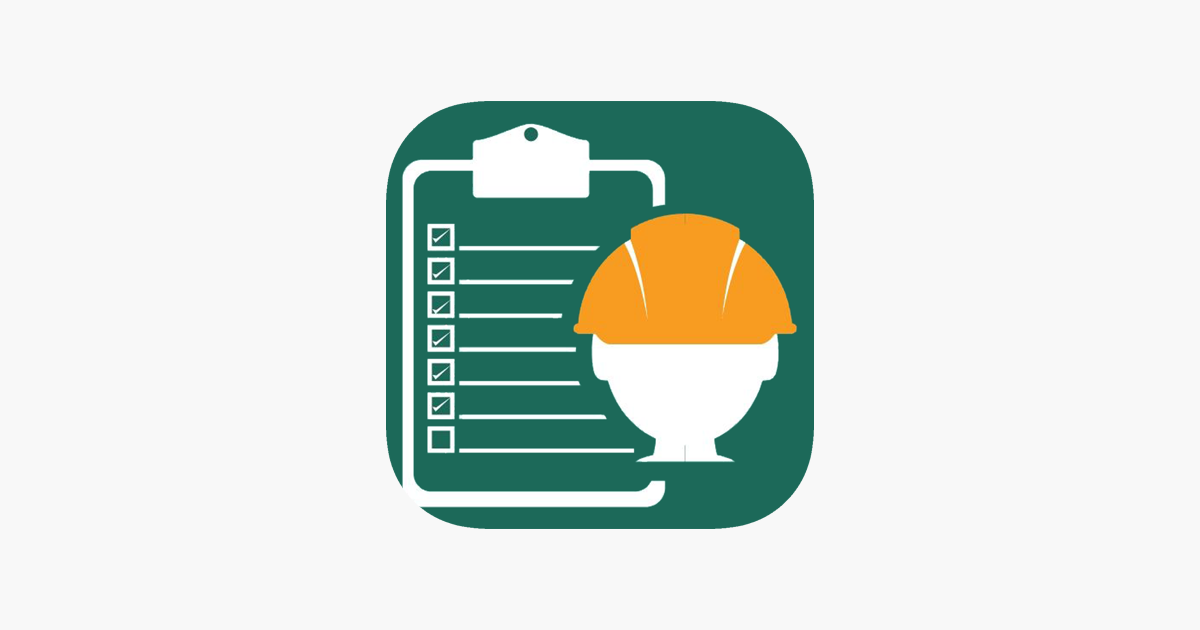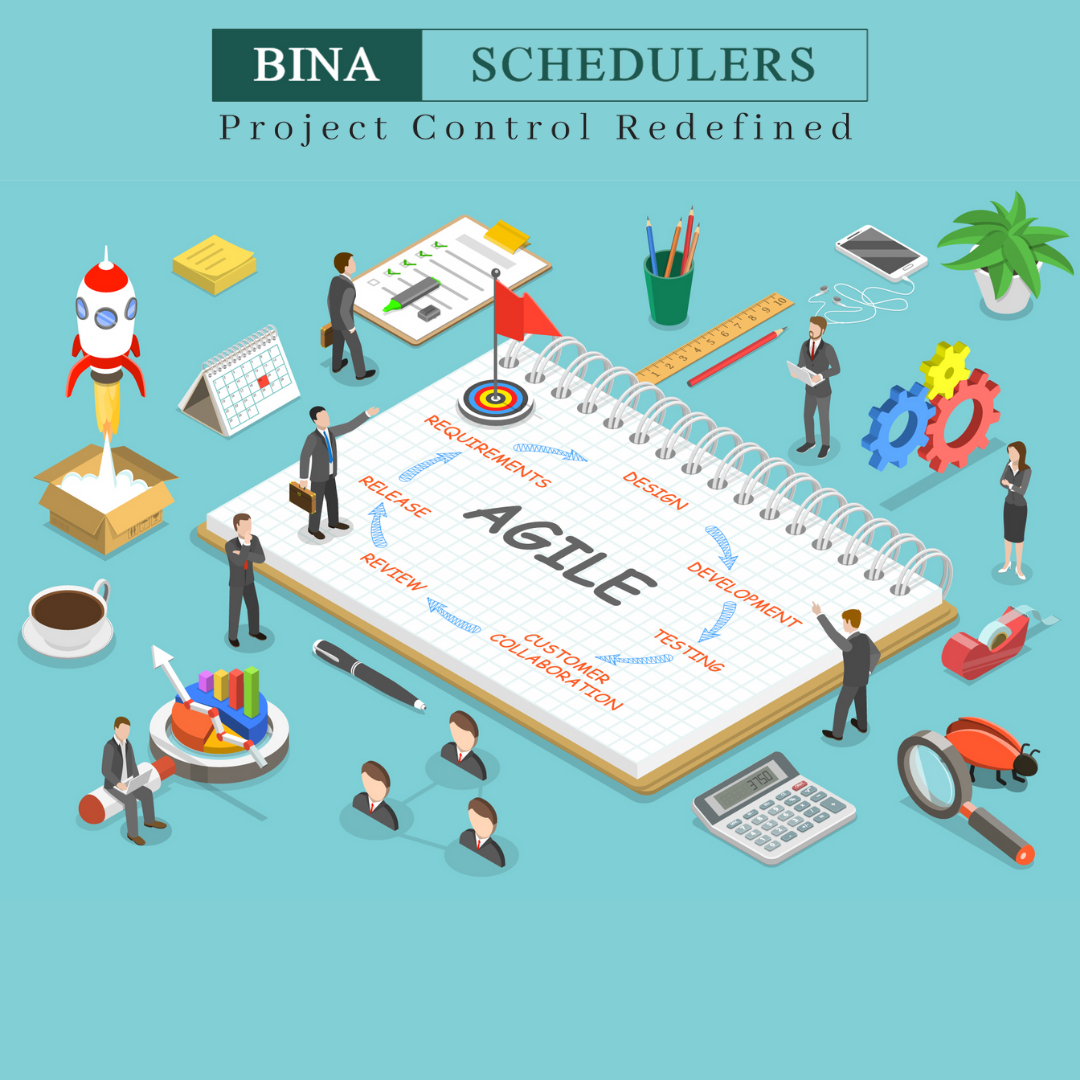
Can you imagine what the project management industry looked like 10 years ago? Fewer methodologies, lesser tools, smaller teams and simpler projects. Cut to 2021, things have changed, as teams are now larger and so are the projects.
As the old saying goes, “Change is only constant”, so true for the project management industry. The project management landscape is changing rapidly with evolving technologies, tools and latest trends - and change doesn't seem to slow down.
Let's cut to the chase and take a look at the emerging trends in project management happening across the world!
Project Management Trends in 2021:
1.The Expansion of Artificial Intelligence (AI) & Automation.
Today, artificial intelligence and its implications is on every tongue - everyone’s talking about it across many sectors. It can also be seen and felt in the line of project management.
Impact: Many companies have already started using AI in project management to perform their daily, repetitive tasks through automation. The effects go beyond automating simple tasks, but are also quite helpful in obtaining performance insights - these AI Chatbots provide you with analytical reports once a task is completed. Automation can be further used by project managers to perform complex tasks ranging from scheduling to data visualization and make their decisions based on the insights provided by the AI Chatbot.
AI can also aid in risk estimations. As a project manager, we know how deadlines are pushed ahead either due to bad estimations or external factors. With AI you can get the right estimation for duration, cost and progress and predict realistic timelines for your project.
How to go about it: Project Managers should embrace AI in project management and learn how to leverage it for successful project completion. This will make project execution much easier than before. It also allows the project manager to spend more time focusing on the soft skills, and building better relationships with stakeholders and clients.
2.Inclusion of Hybrid Project Management Approaches
By definition, hybrid project management is the practice of mixing Agile and traditional Waterfall project management elements to create a custom approach. Sometimes more than two methods are combined to create hybrid project management. It's no lie that not all projects are made equal and not all teams can stick to one specific methodology.
Impact: When implementing the hybrid model, you get to bring all your projects, tasks, people, and communications at one place helping you make the right business choices. For example, on mixing the traditional approach with the Agile methodology, team members with different views and working styles can work together in their own way, making way for more stability, engagement and efficiency.
How to go about it: Use discretion to understand which methodology works best for a specific project. Smart project managers are opting for a mix of agile and traditional methodology to get the best of both worlds. We recommend using a traditional approach for simple and clear parts and agile for complex ones while working in a multi-project environment.
3.The Impact of Emotional Intelligence (EQ)
The question is, how does the ability to understand and recognize emotions have to do with project success? Well, it does play a vital role. When TeleSmart took a survey, it was found that 58% of respondents believe that emotional intelligence is one of the strongest predictors of performance irrespective of the nature of the job.
Emotional Intelligence is the ability to sense, understand, manage and apply the information and power of emotions as your greatest source of energy, motivation, connection and influence. It is the ability to intentionally manage your emotions so that they work for you both professionally and personally. When people work together under stress and deadlines, EI is a crucial factor for a successful leader, if he is going to submit a full project on time.
Impact: Managing projects go beyond defining the scope, making deadlines and deciding the budget. Project managers have to manage people as well and that means more complications. Failing to understand team memeber’s emotions could lead to a lot of emotional activity in a team.
How to go about it: Dealing with different personalities and ensuring project success requires a proper understanding of emotions (both yours and others) -making it a necessary leadership skill for project managers all over the world. Thus, learning the art of emotions and what drives people is becoming more important than ever to predict project success in the future.
4.More Focus on Data Analytics and Numbers
Project Management involves a lot of data. Project managers are increasingly leveraging data insights to make informed decisions to handle projects in a better way and increase project growth.
These days, a common way to collect data is by using drones. Bina Schedulers have started using drones to capture images as data to monitor the construction progress of a project. Drones allow people to photograph, video, map, survey and inspect where nobody can physically be, powering a vast world of industries with real-time insights. When they connect to cloud computing to collect and analyze data, drones can become an essential part of a company's digital transformation.
Impact: Weather it is project planning, quality management or risk estimations, the use of big data analysis has already started shaping the project management industry. The collection of data is useful to learn how to form teams, the size of the team, how to include and position team members and the skill set needed to manage projects better.
How to go about it: The smart ones leverage the technology advancements to stay relevant. Data analytics, if used right, has the power to produce a lot of business value. If you’re someone who doesn't like numbers, find the tools that could help you get the complete picture of all project activities. Get high-level data and custom reports with tech tools to visualise data.
5.Advanced project management tools and solutions.
In today’s digital era, project management tools have become an indispensable part of project management. The numbers tell the same story - according to a research done by ProofHub, 77% of high-performing projects use project management software to plan, execute and control all aspects of the project management.
Here at Bina Schedulers, we use Primavera P6 in project planning. Primavera P6 is a database system that codes and records the logic networks on complex scopes of work. The combination of powerful critical path analysis and customizable coding structure makes Primavera P6 the most common engineering and construction planning and execution tool. Our engineers have years of experience handling the software and will deliver the best to our clients.
Impact: Below are some ways these tools are making positive changes in project management.
-
Project planning:
Uses data from previous projects to plan better.
-
Scheduling and time tracking:
Keeps track of time spent on tasks and manages scheduled events, meetings, milestones, and deadlines.
-
Communication and collaboration:
Share critical information with team members, clients, stakeholders.
-
Budgets and deadlines:
Helps you deliver projects within the allocated budget.
-
Progress tracking:
Keeps track of the ongoing projects if they are on track or not, if resources need to be adjusted or not.
How to go about it: Get on board with the latest tools in project management to ease your workload and invest in a good project management software. It also provides a platform for team members to communicate and collaborate in a single place.
6.Increase remote working
It's no news that the number of professionals working remotely (and we don't mean on site) has sky-rocketed, especially during the Covid-19 period. More project managers are forced to work from home and communicate with team members online, to get a project done.
As more millennials get on board, this option becomes fairly popular: “Remote working has been on the rise since 2012: from 39% in 2012 to 43% in 2016. The desire to work remotely is here to stay and it isn’t limited to a few select industries.”
Impact: Working in this fashion offers many benefits. The first being more flexible in the schedule. The second, not having to commute to the office everyday. Project costs are also reduced. Plus, you get the opportunity to work a diverse talent pool.
How to go about it:
-
Conduct weekly or biweekly meetings and calls to know how things are progressing.
-
Make team members accountable by asking for status updates.
-
Start using online collaboration tools like Google Docs/Excel to collaborate with team members and stay on top of things.
-
Hold performance reviews about 4 times a year.
Along with these trends, you might observe a considerable rise in millennial project managers, PMOs, more focus on cybersecurity measures. Paying attention to these trends is what that’s going to help project managers lead with success.





























